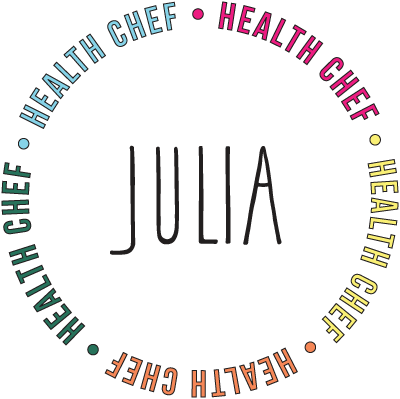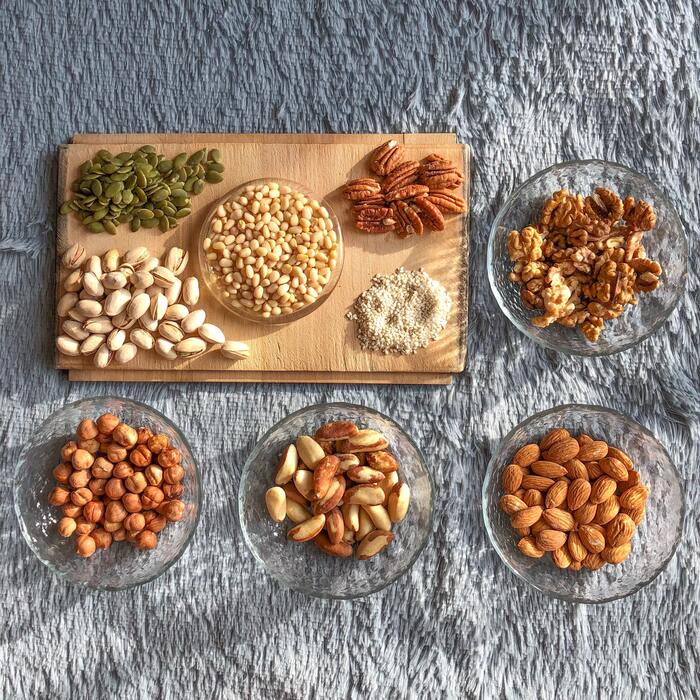Iron deficiency is the most common nutritional deficiency, especially among children and pregnant women. In fact, according to the World Health Organization, about 40% of pregnant women worldwide are anemic. Anemia happens when the blood has a decrease in the number of red blood cells to keep you in good health. As a result, your red cells are not producing enough of a protein called hemoglobin. Hemoglobin is full of iron and when it doesn’t have it, your body can’t deliver oxygen-rich blood to your lungs and muscles.
Although your body is able to store iron, it can’t produce it on its own, as a result, you need to get it from food or supplements.
Nuts and Seeds
Nuts and seeds are some of the most nutrient-dense food. According to Harvard Medical School, eating nuts and seeds daily can lower your risk of diabetes and heart disease and may even lengthen your life. You can especially eat:
- Pumpkin seeds
- Pistachios
- Cashews
- Hemp seeds
- Sunflower seeds
Meat and poultry
Meat and poultry are both rich in heme iron, which is the form of iron that is most readily absorbed by the body. As a result, the body absorbs more iron from meats than plant-based foods. You can eat:
- Beef
- Chicken
- Lamb
- Ham
- Turkey
- Veal
- Egg
Dark leafy greens
Spinach and kale have high iron values. Furthermore, adding vitamin C from citrus fruits like lemon can help the stomach absorb iron You can also add to your diet these dark green leafy vegetables:
- Collard greens
- Dandelion greens
- Swiss chard
- Broccoli
- French beans
- Beet greens
Seafood
Fish, especially the shelled variety, is one of the best ways to supplement your diet if you’re anemic. You can try:
- Oysters
- Salmon
- Shellfish
- Shrimp
- Tuna
- Sardines
It is important to remember that you think you might be anemic, you visit a doctor and get a proper diagnosis.
Check out my Instagram for fun, easy cooking ideas you can make at home.
Go back to the homepage.



